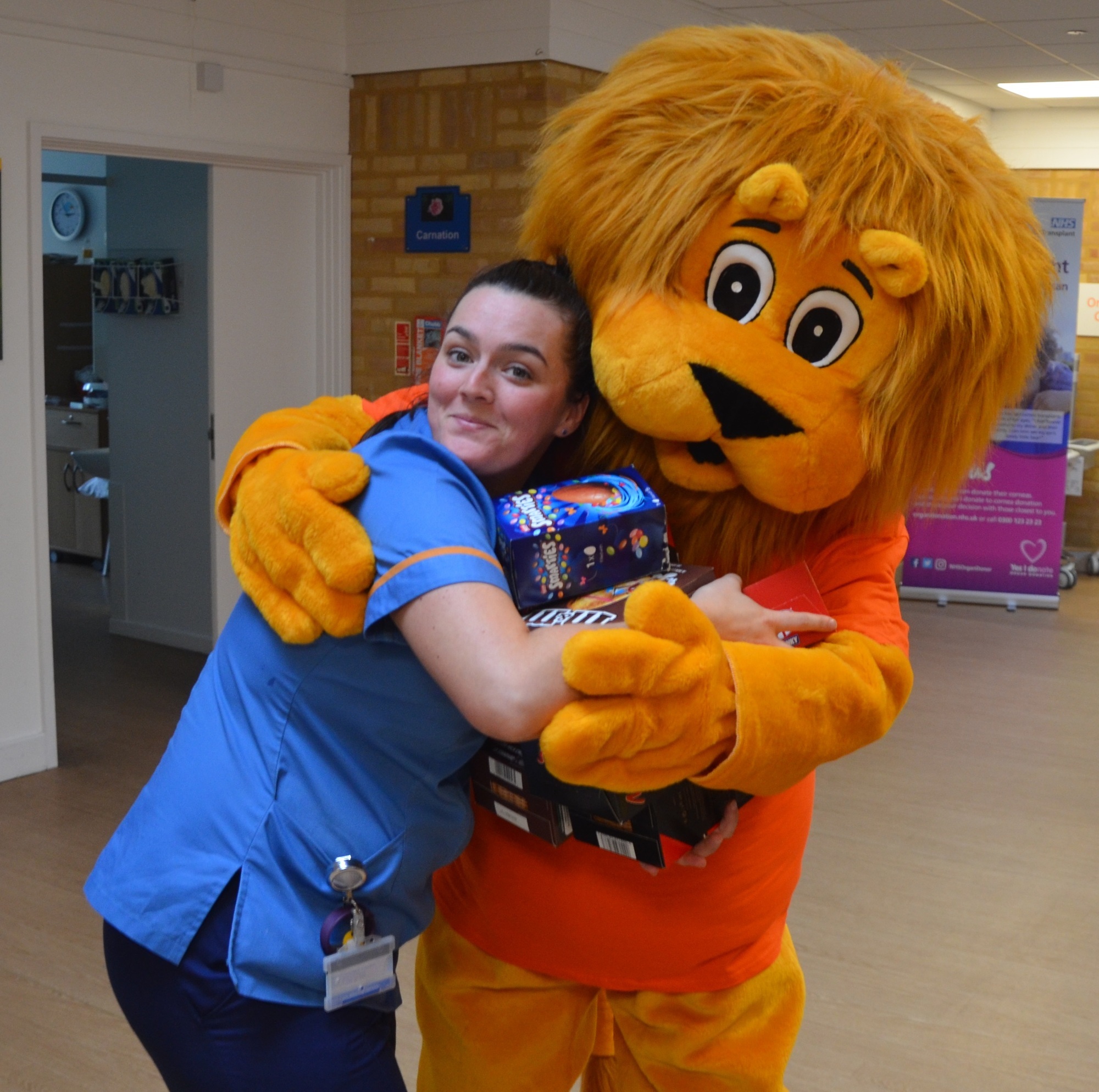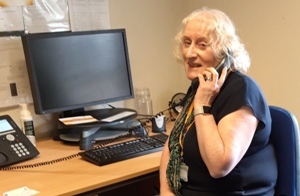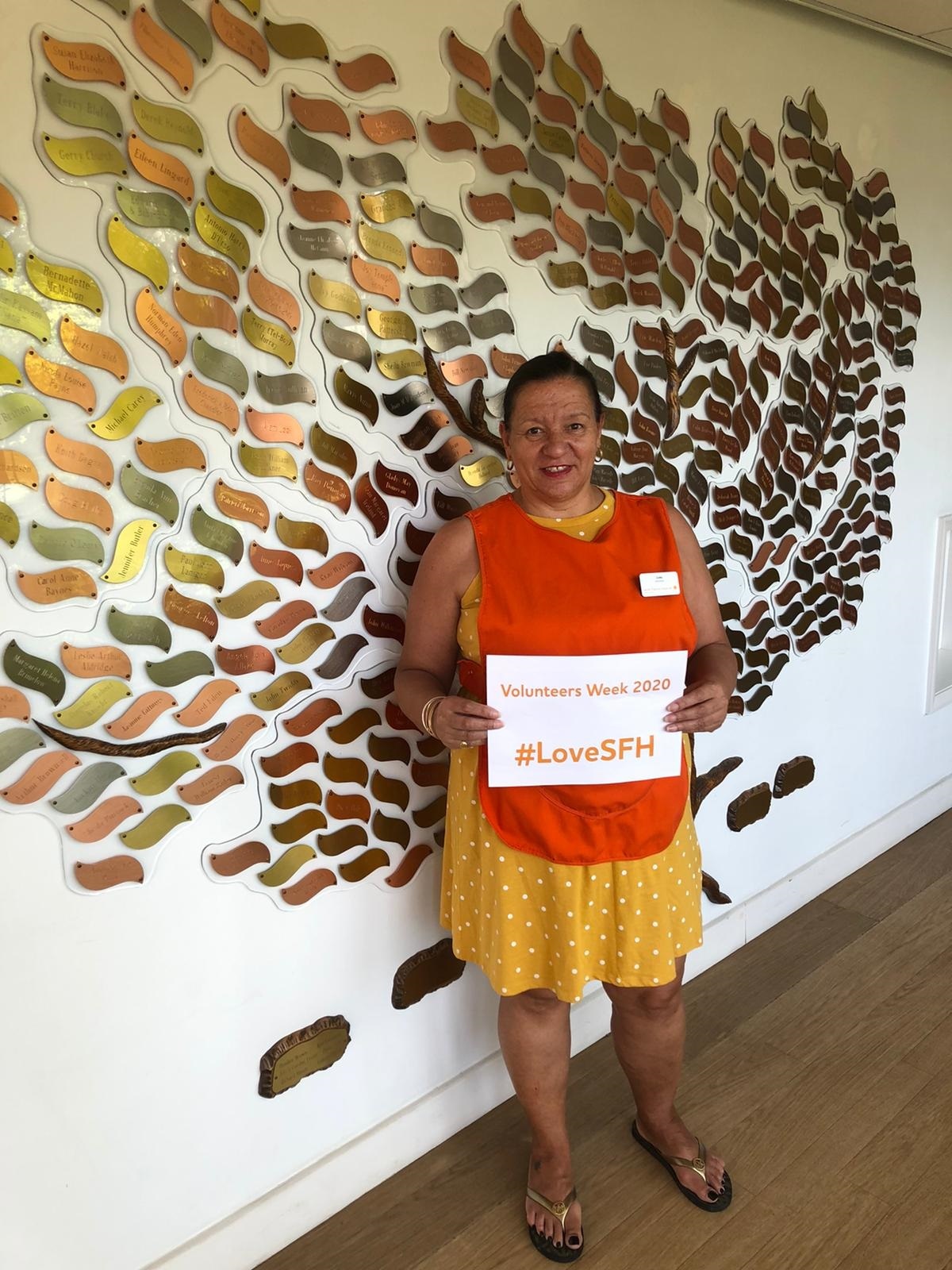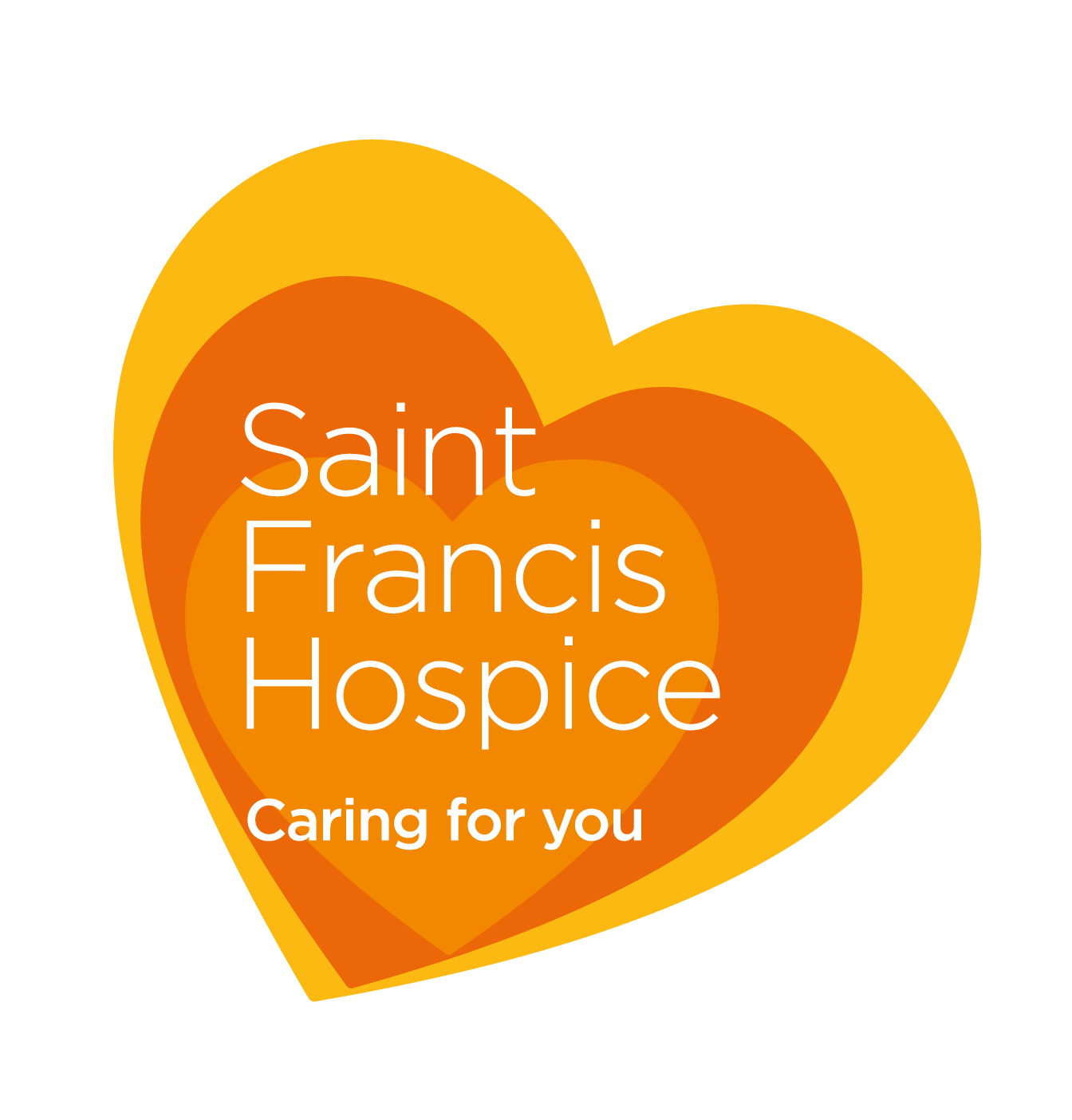Dr Corinna's plea for us to pull together
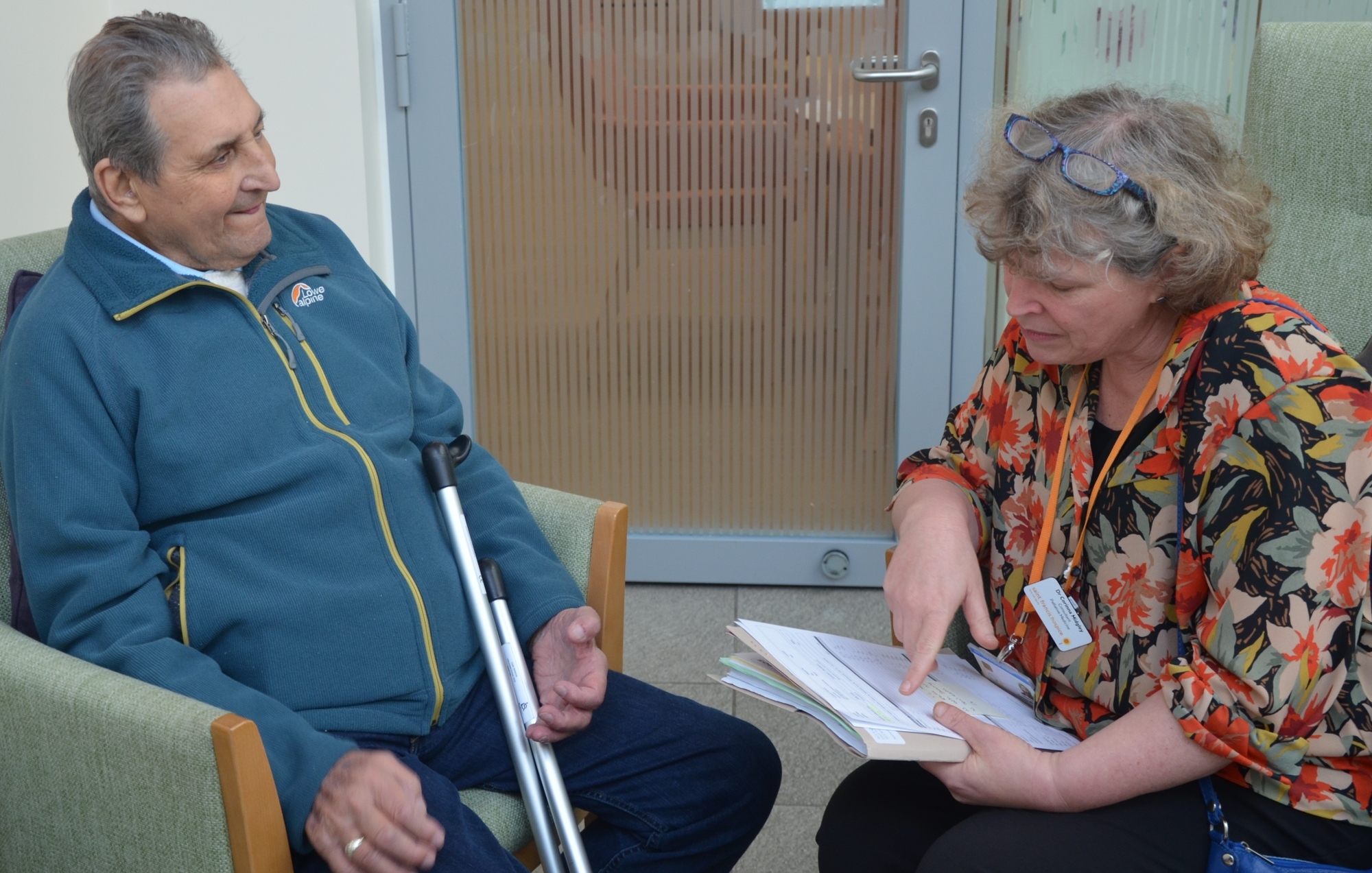
Corrina's work with our Hospice started 19 years ago. She's now in her thirteenth year as our Medical Director. During that time, Corinna has built special relationships with palliative care teams in local hospitals. She's particularly proud of our work with Queen's and King George's Hospitals, where she is regularly on call.
Corinna knows exactly what knowledge and support hospital ward staff need to achieve the best comfort for patients, a safe discharge for home-based palliative care, and expert end of life care at home.
Corinna is concerned that a lack of funding for educating health and social professionals is hampering our partnerships with care providers. Eighty-five percent of our care is now in people's homes or supporting residents in nursing homes. Corinna realises that supportive, confident and proactive GPs and District Nurses can make such a difference.
"It takes time for GPs and District Nurses to gain experience with people who are living with an advanced illness and want their care at home," Corinna revealed. "Ongoing programmes of training and support are so important."
Newer partners include home care agencies. Agency staff are needed to support people at home and in nursing homes, where they will be caring for the most vulnerable in our community. Paramedics are also becoming increasingly important providers of crisis care at home.
Other potential partners include Marie Curie and Age UK. There are also collaborations we can form with private care providers and allied health professionals, including physiotherapists, social workers, occupational therapists, counsellors, and pastoral care leads.
"Education and training require engagement and do cost," Corinna admitted. "As all of our resources are stretched, the better-informed everyone is, and the more we know about what each other could contribute, the better care we can provide for patients and their families."
Corinna revealed that health professionals who are better trained and knowledgeable about our services make more precise, effective and timely referrals to our Hospice. She's also discovered that one of the biggest obstacles to timely care is the avoidance of questions from people who are ill. People often don't have the confidence or knowledge to answer. They also avoid asking people how they are, what they are worried about, and what matters to them in life and death.
"Sensitive and effective communication is crucial to good care," Corinna said. "It requires education, training, and support."
Corinna's ambition is for our Hospice to work confidently, honestly and consistently with partners in care:
"Together, we help anyone living with an advanced illness make the last stages of their life as enjoyable as possible. If we can build strong relationships, then the future is bright for hospice care.
Corinna would love to hear health and social professionals who are interested in knowing more about palliative care and our services. She'd also welcome hearing from GPs or hospital doctors interested in doing some work at our Hospice.
You can contact Corinna at corinnamidgley@sfh.org.uk


